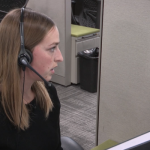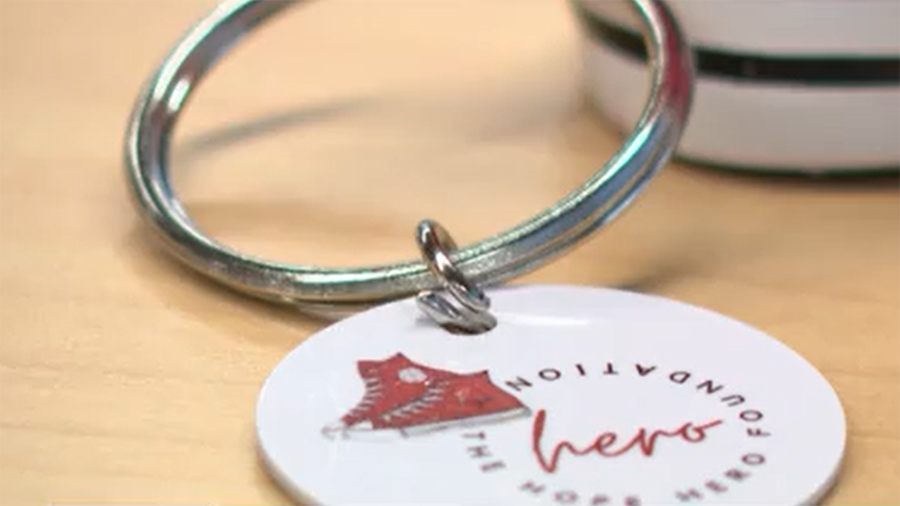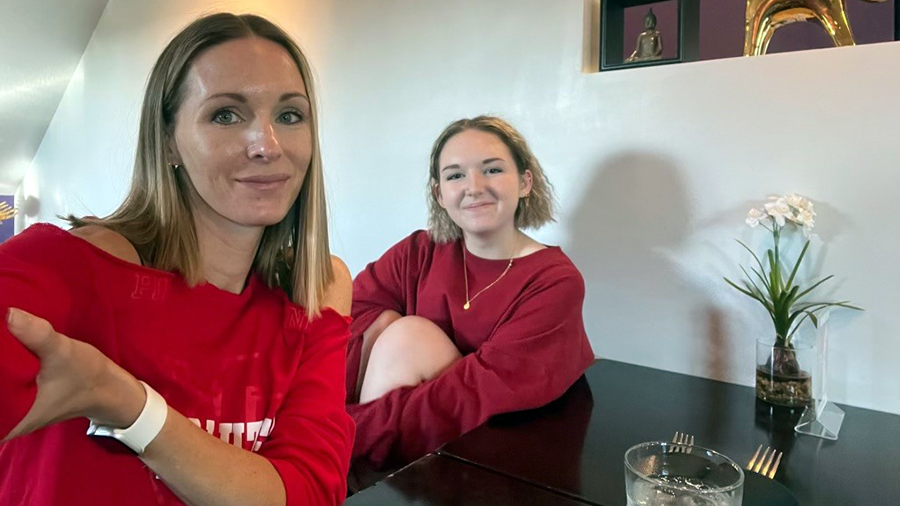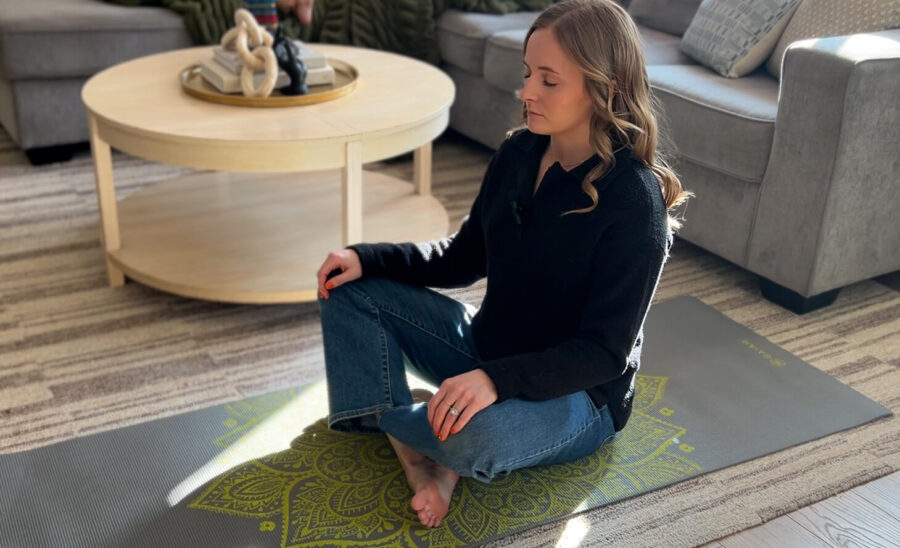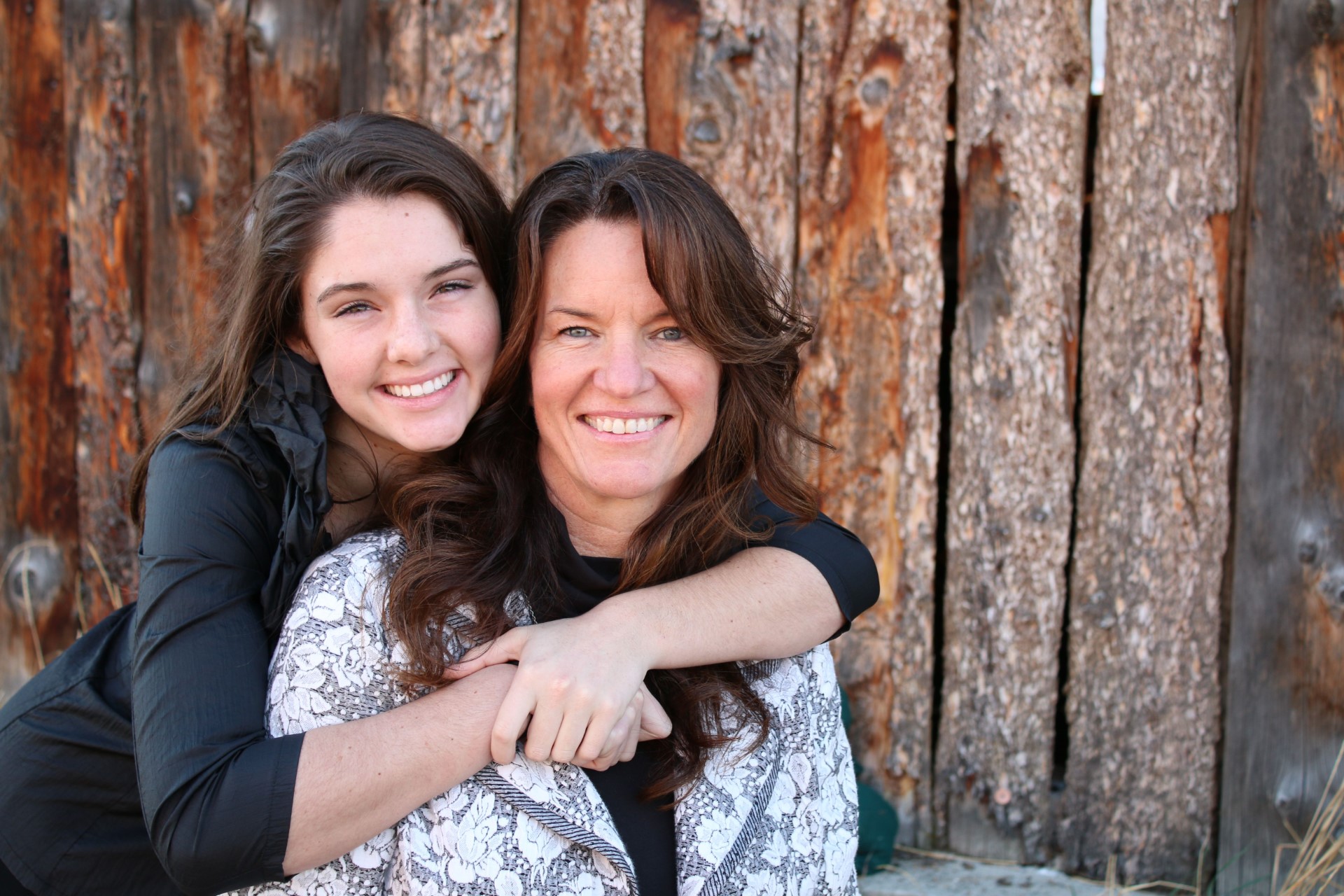Utah Leaders Create Statewide COVID-19 Emotional Health Relief Hotline
Apr 9, 2020, 10:05 PM | Updated: Jul 25, 2022, 9:09 am
SALT LAKE CITY — Utah health officials have followed the lead of New York and other states by creating a statewide emotional health relief hotline, designed specifically to help people struggling with their mental health during the COVID-19 pandemic.
Intermountain Healthcare launched the new, free community call-in resource in partnership with the University of Utah’s Neuropsychiatrist Institute (UNI) Crisis line, and Utah’s Department of Human Services. It can be reached seven days a week from 10 am to 10 pm at 833-442-2211.
“We have trained care coordinators who go through a series of questions to better understand that caller’s individual needs, and to recommend specific services or tools that could help them gain stronger emotional footing at this unusual time,” said Morissa Henn, community health director at Intermountain Healthcare.
Henn said they are prepared to respond to a wide range of calls.
“We are ready to help provide resources to people who are stressed, but coping, as well as people who might have more heightened needs for which talking to a mental health professional could be a good option,” she explained.
The team of coordinators includes about 70 providers who are prepared to offer self-care and coping tools, peer counselors, treatment options, crisis resources, and referrals to providers who can assist long-term.
For people facing acute or imminent psychiatric crisis, a caregiver will stay on the line to connect the caller to a licensed clinical social worker at UNI to get the urgent support they need to stay safe.
“By remaining on the line and bringing them to that next important source of support, we hope that we can alleviate stress and actually help people feel more supported in their underlying needs,” Henn said.
Between financial stress, isolation, and health concerns, Henn said feeling increased anxiety during this pandemic is an appropriate reaction.
“It’s normal to feel such an array of emotions at a difficult time, and that it’s more important than ever that we talk with people whom we trust,” she said.
Care coordinators can also help people connect to key resources like employee assistance programs, local mental health authorities domestic violence services, and clinical treatment teams.
“For some people, just saying, ‘Get some exercise or host a family zoom,’ that’s really not quite enough,” she said. “For people with more heightened needs, we need to help connect them in the most direct… way with immediate services.”
Henn said this pandemic has affected people no matter what circumstance they are in. She said it’s been particularly difficult for people who are older or living alone, parents juggling new responsibilities without institutional supports, people finding themselves without work, and those who have existing mental health issues that and are not able to see their providers in the same manner.
“This is a difficult time for people. There’s such a high level of uncertainty and it can feel hard to find that solid emotional footing when you don’t know what’s ahead for yourself and for your family,” Henn said.
Kim Myers, with the Division of Substance Abuse and Mental Health said she believes Utah is prepared to handle an increase of calls and mental health needs.
“I think our system is better equipped now to handle the mental health effects of this pandemic that we’ve ever been before,” she said.
Myers said it’s important for people to recognize and address the changing or heightened emotions they may be experiencing.
“So the earlier we can intervene and learn new ways to sort of manage our stress, our anxiety, our daily routine and these changes the better we will mentally and emotionally in the long term,” she explained.
She urged Utahns to not be shy about using the resources the state has made available.
“Please don’t hesitate to reach out to find some self-coping strategies [or] to reach out to a provider,” she said.
Henn said this resource will be available indefinitely as of right now. She said Intermountain recognizes the repercussions of a pandemic like COVID-19 can often last years.
Interpretation services are available in 20 different languages. If someone calls after hours, they will be automatically connected to UNI’s Crisis Prevention Line.
If you or someone you know is feeling overwhelmed, anxious, or needs emotional support in Utah, call 833-442-2211.


